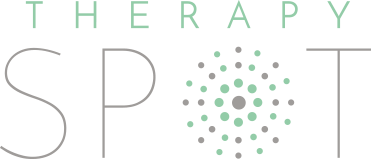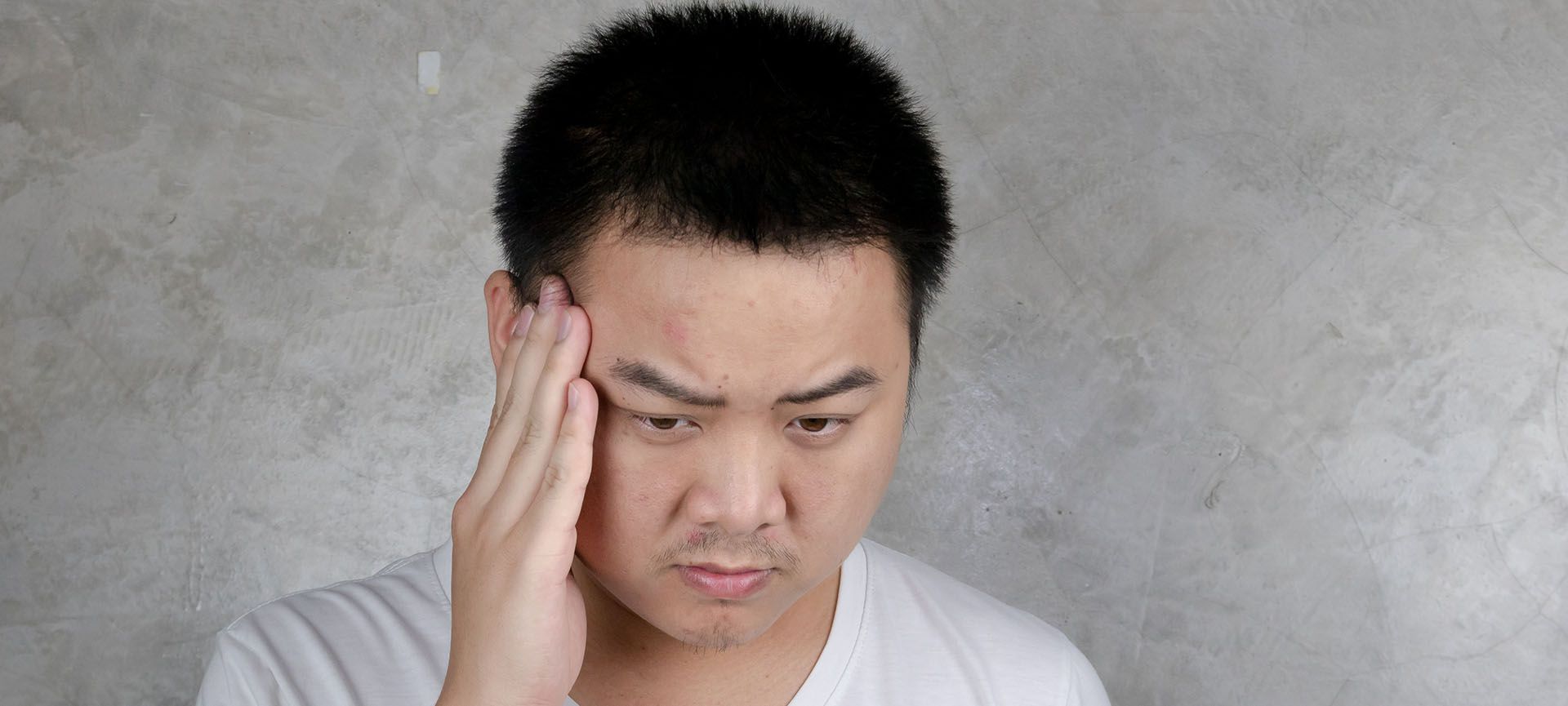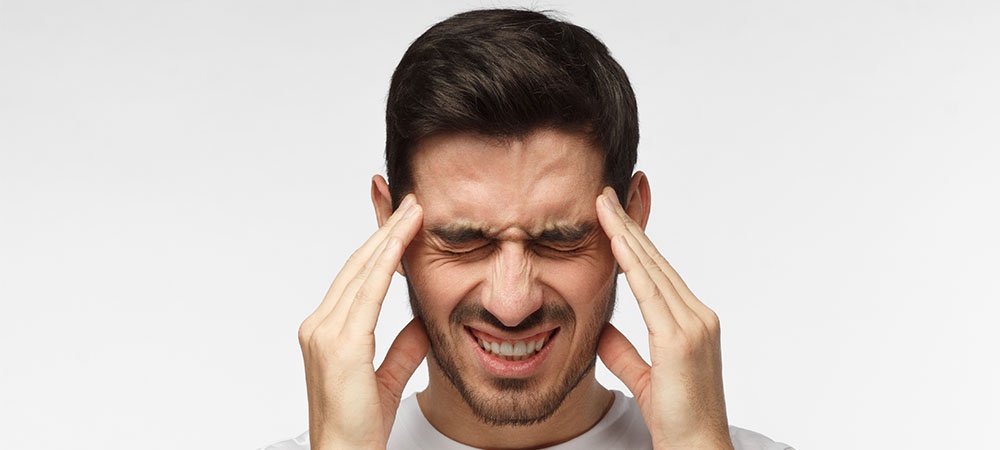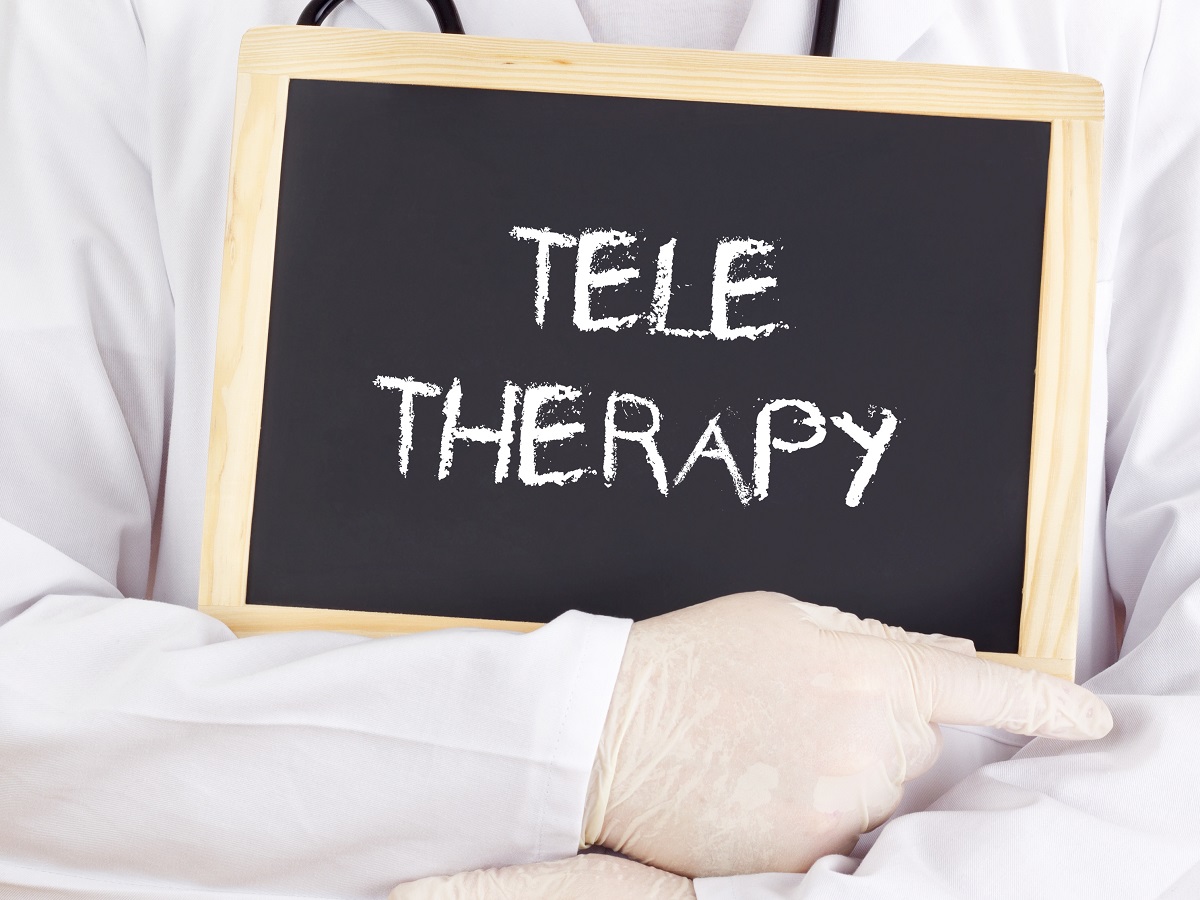What is a Concussion and How to Treat a Concussion?
Concussions are a fairly common injury, especially among high-contact and high-risk sports like hockey or horse-back-riding. However, you can also get a concussion simply from falling or getting hit in the head. No one is immune to them and they range from mild to quite severe.
Many underestimate the seriousness of a concussion and its effect on the brain. The good news is that when you recognize and appropriately treat a concussion, the recovery rate is excellent.
Here, we’ll go over the specifics surrounding concussions, including concussion causes, concussion symptoms, and more.
What is a Concussion?
The simple concussion definition is a type of traumatic brain injury caused by a jolt, bump, or blow to the head that causes the brain and/or head to move back and forth rapidly.
Depending on the severity of the hit or jolt, the brain may bounce or twist around unnaturally within the skull. This creates chemical changes in the brain and can even damage or stretch brain cells.
Although concussions are not usually not life-threatening right away, they’re still very serious. Even mild concussions must be treated with care, and more severe cases can lead to additional problems if not addressed.
Concussion Causes
In theory, a concussion can be caused by just about anything that involves the head. That’s not to say every single little bump or fall is going to cause a concussion, but some of the most common causes include:
- Car accidents. The sudden impact of a collision can cause a concussion when someone hits their head on a window, the back of a seat, the ground, etc.
- Falls. Something major like falling off a ledge usually comes to mind when one thinks of a “bad fall” but the truth that is a concussion can result even from something simple like tripping or falling down the stairs.
- Sports injuries. From trips and falls to a collision or even getting hit by equipment, sports environments always come with a risk of injury and concussion.
For children, most concussions happen during fun and recreational activities, such as playground games, riding their bikes, or playing casual sports.
Concussion Symptoms
The symptoms of a concussion will vary depending on the severity of the incident and the individual. The signs can be quite subtle and may not even show up right away. This is why many people make the mistake of returning to the sport or activity after a fall, not realizing there’s an issue. The risk here is that it’ll make things worse or set you up for additional injuries.
This is why you should always stop and monitor symptoms after a fall before continuing with what you were doing. If someone has fallen temporarily unconscious after an incident, they are likely concussed. However, loss of consciousness isn’t always a precursor to concussion. Never assume you’re in the clear just because you didn’t get knocked out.
There are many signs and symptoms you can look for, both in yourself or someone you’re observing:
- Ringing ears
- Headache
- Fatigue and drowsiness
- Nausea
- Vomiting
- Blurry vision
- Confusion/brain fog
- Dizziness and “seeing stars”
- Amnesia around the event/incident and even periods before and after
- Slurred speech
- A dazed look in the eyes
- Delayed response and reaction times
- Forgetfulness
- Asking the same questions over and over again
- Trouble concentrating
- Irritability
- Heightened sensitivity to light and sound
These are some of the most universal symptoms that can appear in children and adults. Many adults can recognize these things in themselves, but children often don’t understand. Some symptoms are also more common in children – keep a special eye on these if you’re suspicious of a concussion:
- Tiring very easily
- A change in eating and sleeping pattern
- Loss of interest in their favourite toys or activities
- Seizures
Whether it’s a child or an adult, the best thing to do after a bad fall or suspected head injury is to go straight to the doctor. Many times, the concussion will be mild and won’t need prolonged intervention. However, it’s always better to be safe than sorry.
If a concussion is not seen and treated swiftly, the risk of serious and long-term complications goes up. You can experience issues such as:
- Prolonged headaches.
- Post-traumatic vertigo, sometimes lasting weeks or even months after a brain injury.
- Second impact syndrome. If you suffer another concussion before the first one is fully healed, the results can be much worse and even fatal. This is why medical attention is crucial, as is following the guidance given to you by professionals.
How to Treat a Concussion?
Once the severity of a concussion is diagnosed, your medical team can determine an appropriate course of action, treatment, and estimated recovery time. The best thing you can do for a concussion is to rest, both physically and mentally. This may require some time off work and/or school and a break from physical activities such as sports.
To heal from a concussion, you should always follow a protocol similar to this:
- Allow yourself to get lots of rest, including extra sleep if it feels necessary.
- Avoid activities that require lots of thinking, concentration, and mental stimulation for at least a few days after the incident.
- Monitor your symptoms and stop doing something if it’s causing the onset of a headache or other concussion symptoms.
- Return to mentally and physically stimulating activities slowly and as you feel comfortable. Never push yourself if/when you feel symptoms coming on.
- If you’re working with a medical team throughout your recovery, always follow their recommendations regarding physical activity and be as transparent as possible about your symptoms.
- Keeping bright lights and loud noises to a minimum can help with pain management, as can acetaminophen for head pain. However, you should avoid blood thinners like Ibuprofen as they can increase the risk of bleeding. Always speak with your doctor regarding safe medications and dosage recommendations.
Concussion Treatment in Toronto
A severe concussion can significantly affect cognition, memory, and so much more. This is why we offer treatment for concussion in Toronto, among our many other services.
Our professional therapists understand the implications of a concussion and can help you get on the right road to recovery and offer appropriate guidelines for returning to both physical and mental activities. Feel free to contact us today for more information or to book an appointment!




